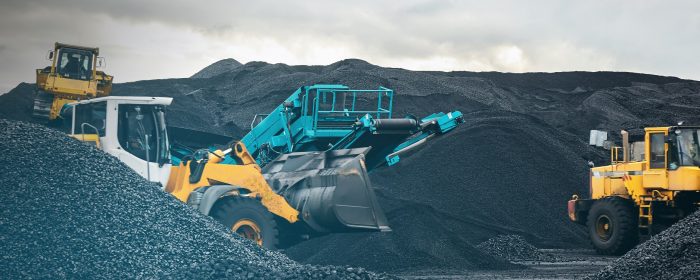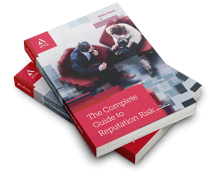As companies race to develop Sustainable Aviation Fuel, who is leading the discussion?
Companies across the aerospace industries – from fuel producers, aerospace manufacturers and airlines themselves – continue to be impacted by negative stakeholder perceptions due to their carbon emissions.
New developments in fuel technology such as Sustainable Aviation Fuel (SAF) offer an opportunity for firms to be viewed in a new light, one in which they are part of the drive towards net-zero, rather than an obstacle in its way. This is the case for companies developing and producing SAF, as well as those using it.
Sustainable Aviation Fuel (SAF) is a biofuel used to power aircraft. Although it has similar properties to conventional jet fuel, it has a smaller carbon footprint, which has led it to gain significant traction as a way to mitigate the environmental impacts of aviation, helping the airline industry achieve net-zero.
Positive sentiment surrounding SAF
SAF has huge potential to redeem the reputation of aerospace, but what do stakeholders think of it? Our analysis from March to August 2022 reveals that SAF is a very positive topic, generating significantly high sentiment and not a day of negativity throughout the period. Discussion around it also generates positive sentiment, with the producer and airline sectors scoring strongly – 57 and 56, respectively.
Meanwhile, companies yield positive coverage from their advocacy and investment in SAF, with outlets driving praise for commitments to decarbonising the aviation sector. Qantas and BP are celebrated in the national media for SAF research, with BP executives acknowledging this investment will cost “hundreds of millions” but will support the industry’s net-zero emissions targets. Rolls-Royce, Shell, Airbus and Boeing also score highly.
Boeing is the most visible company across the sector and leads on sentiment due to its commitment to delivering aircraft that can fly on 100% SAF by 2030, and establishing a research and development facility in Japan to further the development of SAF. Japan Airlines, British Airways and Emirates are among the highest scoring airlines, similarly earning positive coverage for pledges to decarbonise.
How are SAF partnerships perceived?
Several companies across and within the airline and producer sectors gain significant media praise after signing memorandums of understanding (MoU) and production pacts, and outlining studies. This highlights the fact that partnerships are highly prominent and visible throughout the period, which is reinforced by it scoring +4.
One of the best examples of positively received partnerships is that between Airbus and Qantas, which is the most visible throughout the sector and is praised by the media for its aim to accelerate Australia’s SAF industry. Reuters reveals that the collaboration will support the company’s target of using a 10% SAF blend by 2030. It also says investment in SAF is a “mammoth” undertaking but that it will support the airline industry’s path to decarbonisation.
Although partnerships are the most visible theme amongst the industry leaders, and seemingly provide them with hugely positive coverage, they can also be beneficial for smaller companies by providing an opportunity for lesser-known companies to elevate their position by aligning themselves with industry leaders.
Most importantly, the fact that partnerships are so positively perceived by a range of stakeholders highlights that the industry is evidently taking seriously efforts to find a solution to its carbon footprint problems.
Fork in the reputational road
Despite SAF coverage being highly positive in concentration throughout the period, reputational risks within the sector are appearing.
The largest negative issue is greenwashing, scoring -1. This arose over Neste’s links to deforestation following its partnership to supply SAF to the band Coldplay for air travel on its world tour, as well as KLM being criticised after the Dutch advertising watchdog says its SAF-linked “carbon-zero” promotion is misleading.
Looking forward
As SAF continues to be a key part of the discussion around aviation decarbonisation, companies will need to carefully navigate their marketing strategy, as well as consider their historic environmental reputation.
Whilst SAF currently generates limited negative reputational risks for companies, there is some negative discussion on whether airlines and producers’ work towards decarbonisation is sufficient. Despite it being a positive topic, the European Union Aviation Safety Agency says that the use of SAF is currently minimal and is likely to remain limited in the short term, which poses a problem to claims of it being a cure-all.
Beyond this, SAF provides a strong opportunity for those involved in the development and use of it. Producers and airlines can benefit from continuing to elevate the profile of SAF in order to increase visibility and further discussion, highlighting partnerships set up to remove the limitations of SAF’s use.
Be part of the
Stakeholder Intelligence community










